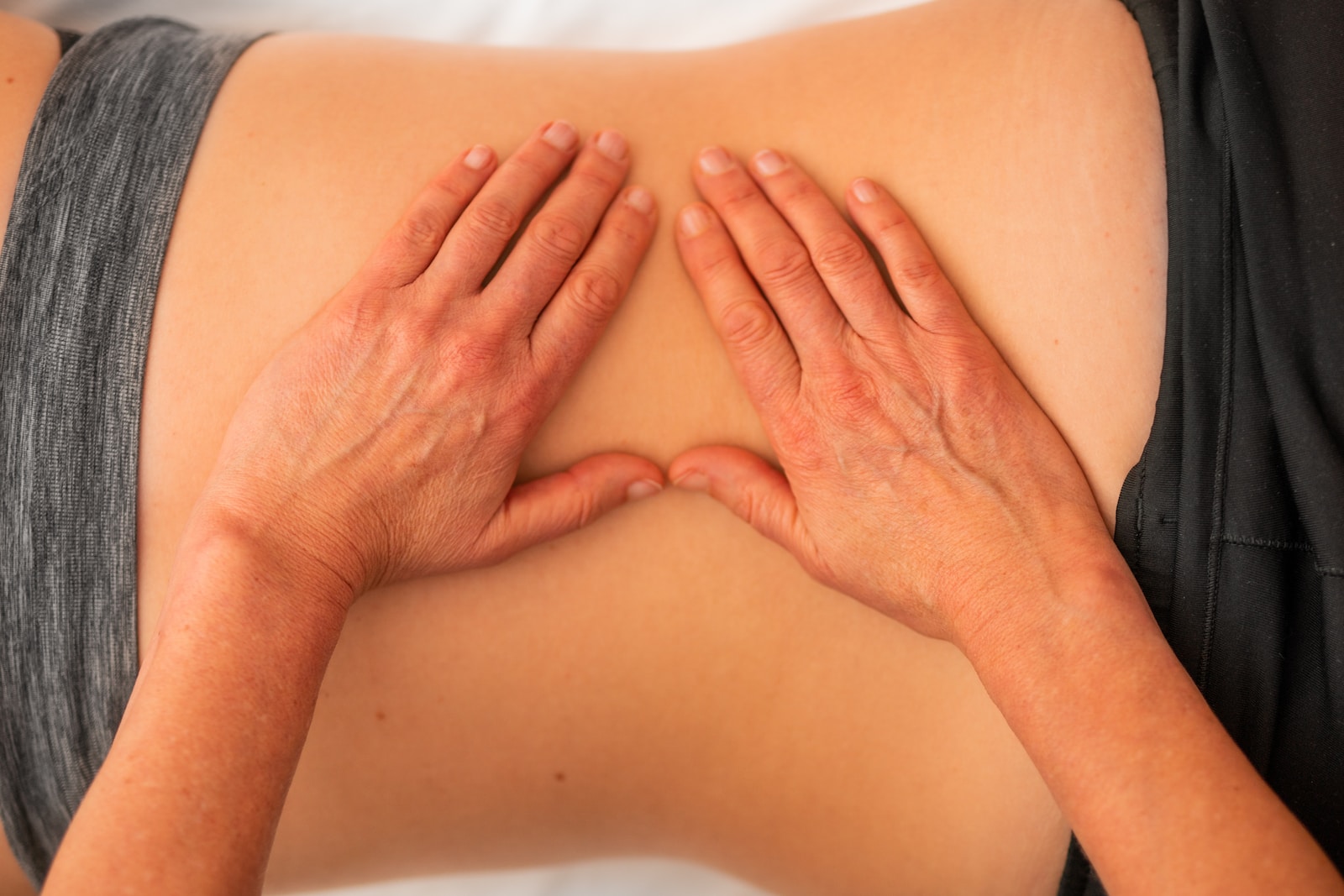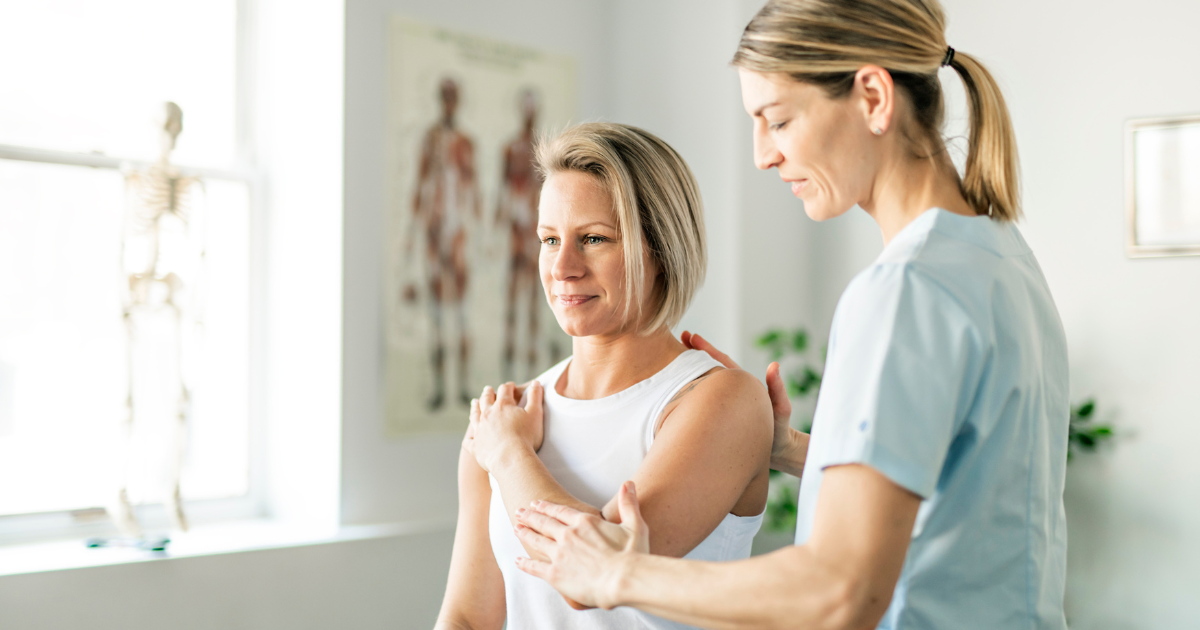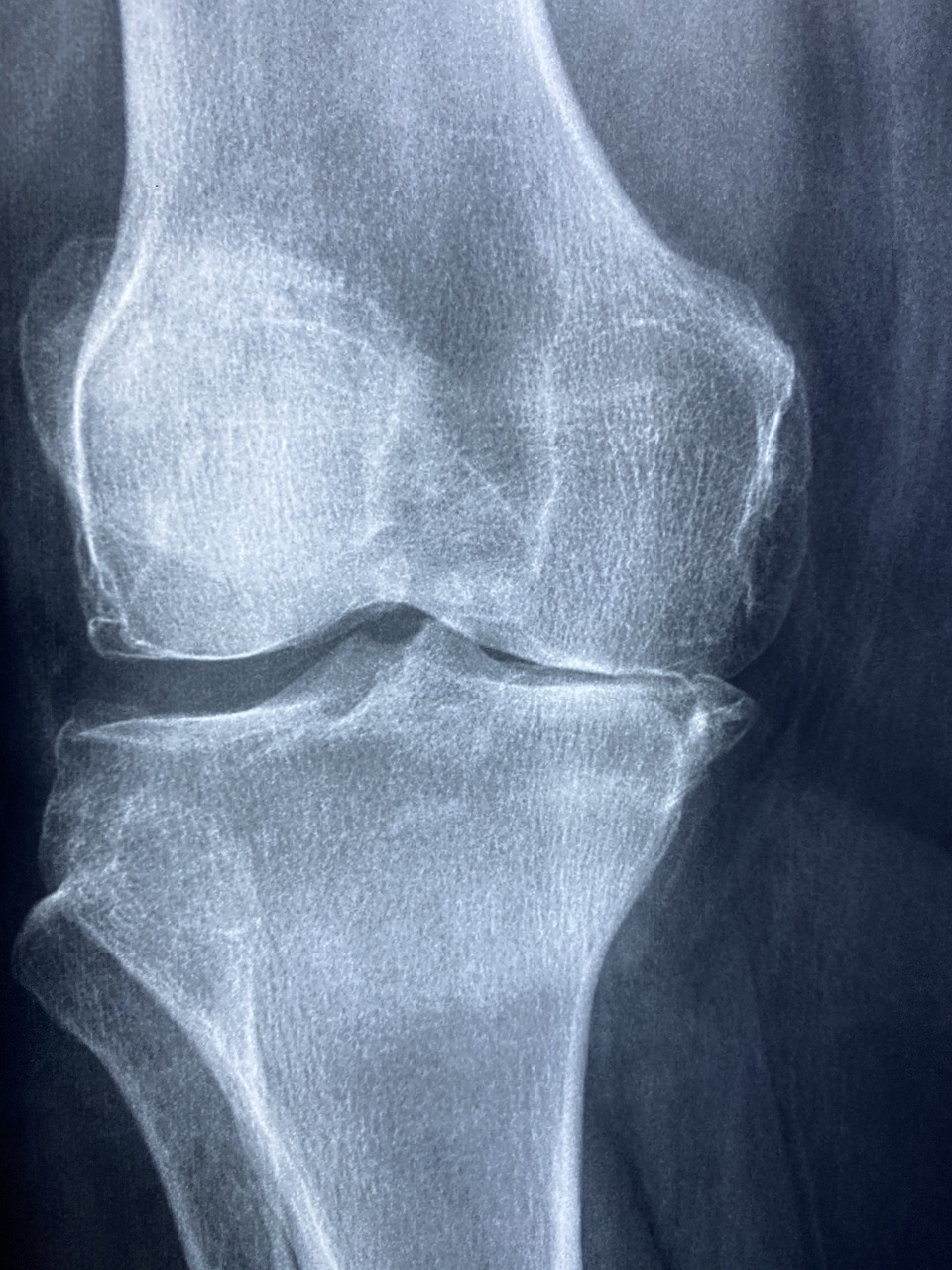Bio: My name is Andy Thomas and I run Physiquipe. I am a sports scientist by background but made the move in to medical sales 9 years ago. Since then, I have worked with a wide variety of elite sports teams and health care institutions from all over the world, from Johns Hopkins hospital to the Saudi Premier Football League.
3 years ago I set up Physiquipe. The idea behind this was to pick the best tools which not only provide great clinical outcomes but also provide a good return on investment for our clients in the private sector. To this end, we set up Physiquipe clinic. The clinic has a number of different purposes. It is:
• A demo site, so we run several events per month on various benefits of using our equipment where other departments and clinicians can come and try the equipment out.
• A marketing tool. We share case studies and marketing materials with clients who purchase our equipment.
• A fully operational clinic so we can demonstrate ways our clients can generate income when they buy our equipment.
In short, the clinic is there to ensure that we demonstrate the financial as well as the clinical benefits of the equipment.
Here’s a guide to seven advanced pieces of technology that are revolutionising the way people set about their rehabilitation.
PhysioTouch
This is a negative pressure device which allows us to lift tissue with varying pressures depending on what the clinician is trying to achieve. The system is especially effective for treatment of lymphoedema and post-operative rehabilitation. This has benefits for treatment of:
• Scarring
• Fibrotic tissue
• Swelling
• Fascia
• Lymphatics
• Muscle recovery
AlterG Anti-Gravity Treadmill
The Anti-Gravity Treadmill has been in the UK for about 5 years and is already used by almost every top sporting institution. It allows precise partial weight bearing between 100% and 20% of the person’s bodyweight in 1% increments (one of our Olympic athletes runs at 97% bodyweight as a supplement to his normal training as it helps with faster leg turnover speed).
The system is now making its way into the private and public sector, with hospitals and private practices and private hospital purchasing the equipment for the public to use. Only 10% of Physiquipe clinic users are athletic, as the AGT offer significant benefits for:
• Neurological rehabilitation
• Weight loss
• Senior rehabilitation
• Orthopaedic rehabilitation
• Amputees
AlterG Bionic Leg
The AlterG Bionic Leg™ provides patient-initiated motor assistance during sit-to-stand exercises, over ground walking and stair climbing. This wearable, robotic rehabilitation device enables neuro and ortho physical therapy patients to:
• Reach higher functional levels
• Increase balance
• Improve gait mechanics and endurance
• Strengthen weak muscle
HawkGrips
Instrument Assisted Soft Tissue Mobilisation has become a very popular tool for physical therapists. IASTM uses a hard-edged instrument made of metal, plastic or ceramic to add shearing stress to soft tissue in order to enhance the body’s healing response.
Why IASTM?
• Faster detection of restrictions in soft tissue areas
• Faster and easier to break up tissue densities
• Helps reduce and heal scar tissue
• Easier on therapists’ hands!!
“HawkGrips have been a great addition to our clinic. They were an essential part of my treatment protocol at the 2014 CrossFit Games, allowing me to provide recovery and preparation for my competing athletes, including Rich Froning.”
Nathaniel L. Mainord, DC, CCEP, FMT
Owner/Clinical Director of Optimal Health & Performance
BTE Multi Cervical Unit
Chronic neck pain and Whiplash Associated Disorders (WADs) affect 10% of the population. There are very few methods of assessing and treating neck pain objectively. The MCU is unique in that it gives precise outcome measures for cervical neck strength and Range of Motion. It also gives a recommended treatment program depending on the areas of weakness that the assessment discovers.
Offers testing and treatment for:
• General & chronic neck pain
• Whiplash associated disorders
• Muscle tension headache
• Cervical disc compression
• Sports-related injuries
• Job/posture dysfunctions
This is a dynamometer giving outcome measures for functional movements. The MCU covers the neck whereas the Primus covers every other area and movement. From swinging a tennis racket, to lifting to grip strength, the Primus allows you to assess the patient then give them the appropriate rehabilitation exercises to rectify deficiencies.
• Cardiac & Pulmonary Rehabilitation
• Chronic Pain Rehabilitation
• Functional Progress Analysis
• Industrial Rehabilitation
• Isolated Joint Testing
• Neuromuscular Rehabilitation
• Orthopaedic Evaluation and Rehabilitation
• Work / Task Simulation
“The BTE PrimusRS is part of the Therapy team, and is invaluable in our daily therapy treatment.
“Without the Primus we would have no objective data regarding work output, dynamic strength and overall progress with the exercise programme. It means we can create robust and reliable reports regarding the patient.”
Sarah Burke
Outpatients Manager, Royal Derby Hospital
BTE Eccentron
Eccentric training is an essential part of both rehabilitation and performance enhancement. The Eccentron targets purely eccentric exercise for both assessment and then sets up an appropriate training program. Manchester United and the RFU have recently purchased these systems but there are benefits in many other areas of physical rehabilitation and conditioning. The University of Leeds is conducting research for COPD and falls prevention.
Benefits for:
• Geriatric – Safely increase strength and stability for improved balance, mobility, and decreased fall risk
• Athletic – Enhance explosive power and performance
• General Rehab – Controlled dosing and single leg tracking allow for optimal closed-chain treatment
• Cardiopulmonary – Provide effective strengthening for patients with low cardiac output
“Eccentron is the only method of developing eccentric strength in a reasonable, effective and self-contained way. The Eccentron has played a major role in my rehabilitation and athletic development programs.”
Donald Chu, Ph.D., PT, ATC, CSCS,
Performance Enhancement Consultant
Summit’s thoughts…
As you can see, more significant new tools are coming to the market that focus on looking at accurate ways to rehabilitate people. What is exciting to see is that all these new technologies are not just focused on the elite athlete, but also on the normal population. There is now plenty of evidence to show that the biggest predictor of reoccurrence of an injury is the fact that you have been injured in the past. Therefore, it is important to rehabilitate your injuries in the most effective and accurate way to make sure you don’t become a recurring statistic. Furthermore, repeat injuries are not measured by most in the health service, even though they are very common and cost the NHS and private insurance companies millions of pounds per year.
Even though most of the equipment highlighted in this blog is not suitable or affordable for clinics like ours, there is massive scope for hospitals and large chain-branded clinics to invest in these. If there is a chance of reducing the rate of reoccurrence, there is money to be saved in the long term.
Another important consideration is that a patient never wants to go through the emotional rollercoaster that injuries bring. Therefore, rehabilitating injuries correctly and accurately can allow people to live their lives with a decreased fear of reoccurrence, allowing them freedom of choice and removing the constant fear of “will it go again?”


